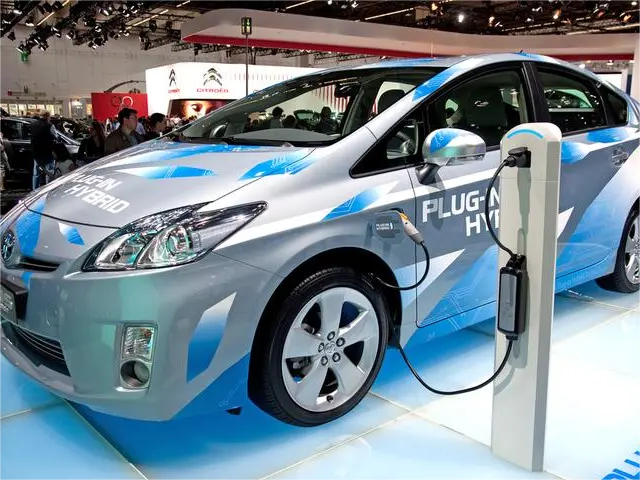- The Canadian government has said it will impose a 100% tariff on imports of Chinese-made electric cars, matching the U.S. tariff and following a similar plan announced by the European Commission.
- Canadian Deputy Prime Minister Chrystia Freeland says China intends to adopt a state-led policy of overcapacity and oversupply.
OUR TAKE
Canadian Prime Minister Justin Trudeau said the move was aimed at aligning with other economies in the world to meet common challenges, which shows the Canadian government’s determination to protect the country’s manufacturing sector from being squeezed by foreign companies. The wave of globalisation is inevitable, and the government should embrace foreign technology companies while protecting the space for the development of its own enterprises to adapt to the fast-developing information technology era.
— Iydia Ding, BTW reporter
What happened
Canada announced on Monday that it would impose 100% tariffs on imports of Chinese-made electric cars, comparable to the tariffs the United States imposes on what Western governments say are Chinese subsidies. Canadian Prime Minister Justin Trudeau said Canada would also impose 25% tariffs on Chinese steel and aluminium, to which China did not immediately respond. Chinese companies sell their electric cars for as little as $12,000. China’s solar-cell plants, as well as its steel and aluminium mills, have enough capacity to meet much of the world’s demand. Chinese officials argue that their production keeps prices low and will help the transition to a green economy. “China has intentionally adopted a state-led policy of overcapacity and oversupply designed to cripple our own industry,” said Canadian Deputy Prime Minister Chrystia Freeland. “We simply will not allow that to happen to our electric vehicle industry, which has shown such promise.” Canada will also launch a 30-day consultation on possible tariffs on Chinese batteries, battery components, semiconductors, key minerals, metals and solar panels.
Also read: Canada investigates Ticketmaster for data breach
Also read: Addressing AI fragmentation in Canada’s military strategy
Why it’s important
US President Joe Biden imposed major new tariffs on Chinese electric cars, advanced batteries, solar cells, steel, aluminium and medical devices in May. “The United States does believe that a united front and a coordinated approach on these issues is good for all of us,” U.S. National Security Adviser Jake Sullivan told reporters on Sunday. Chinese brands have yet to play a role in Canada. However, Chinese electric vehicle giant BYD set up a Canadian corporate entity last spring and has said it intends to try to enter the Canadian market as early as next year.
Canadian Prime Minister Justin Trudeau said the action was aimed at aligning with other economies around the world to address common challenges, a sign of the Canadian government’s determination to protect its manufacturing sector from being squeezed by foreign firms. With globalisation on the rise, governments should embrace foreign technology companies while protecting the space for domestic firms to grow in the fast-moving information technology era.

